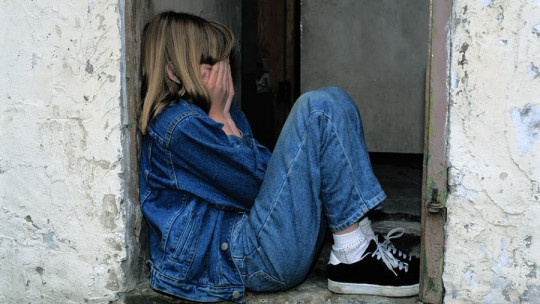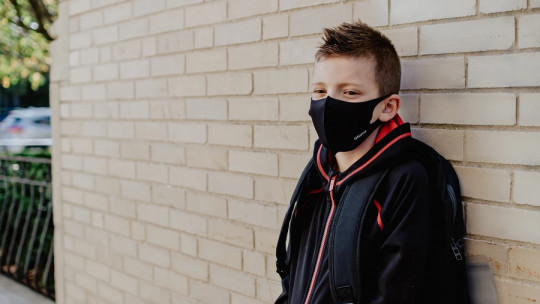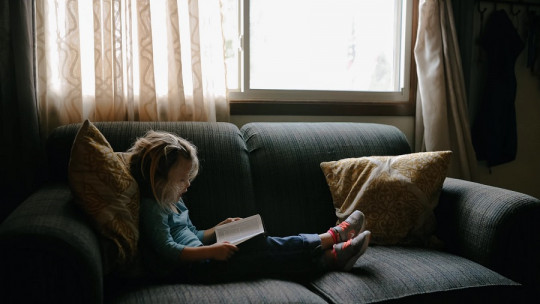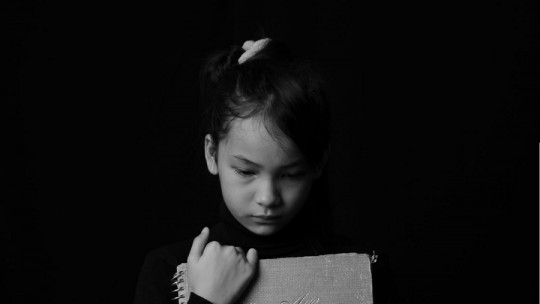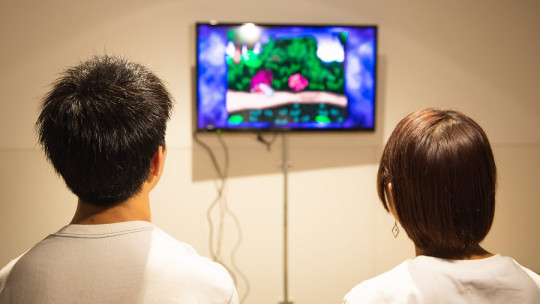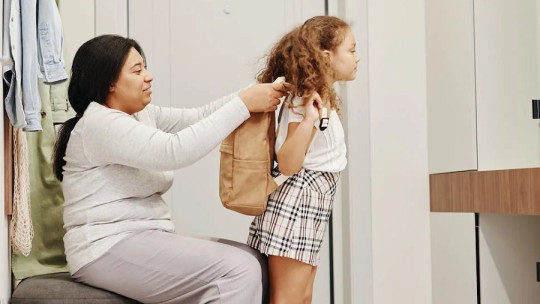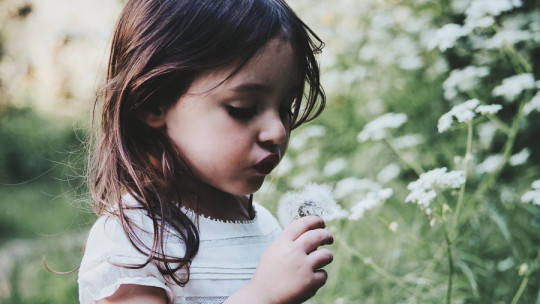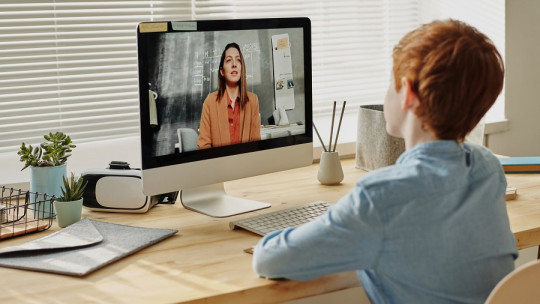The waves of coronavirus infections have not yet stopped and are making their effects felt in many aspects of society, not only materially and economically, but also psychologically.
Taking this into account, it is normal that there is some concern about the implications of the COVID-19 crisis for the most psychologically vulnerable social groups, among which are children.
Therefore, in this article we are going to focus on the consequences of the back-to-school situation during the pandemic crisis, and the way in which these affect the little ones emotionally of the house.
Why are the little ones psychologically vulnerable to the pandemic crisis?
Childhood is, in most cases, the stage of life in which we are most psychologically vulnerable: what happens around us greatly influences our emotional, cognitive and behavioral development, for good and bad.
It makes sense that this is like this: In our first years of life we are constantly adapting to all kinds of new situations that life poses to us, in light of which we have much less knowledge and references than when we are adults and we already have both a fully developed and mature brain and a series of practical and theoretical knowledge about how the world works.
That is why, although we retain the ability to learn and adjust our mind to challenges we have never encountered before, during childhood the human mind is especially flexible and prone to integrating experiences quickly, at the price of not always doing it correctly. the most systematic and appropriate way for our own well-being.
Ultimately, if learning about what happens around us during childhood is already a task that requires effort, learning to deal with the emotions that this produces in us and with the dysfunctional behavior patterns that certain experiences can generate in us is even more complicated, especially if you don’t have help.
Knowing this, It is not surprising that the coronavirus crisis has affected not only many boys and girls, but also their families Now, faced with the prospect of the start of a new course, another experience has begun that the children had not faced before either: a few first weeks in which certain work dynamics in class will have changed, and in which there is still a certain level of fear and uncertainty about what will happen in these months.
Main consequences of returning to school in times of coronavirus
These are the main aspects in which returning to school in the context of the pandemic can affect boys and girls. They do not have to affect everyone (in fact, children who experience almost all of these forms of discomfort will probably be a clear minority, and many will not show any of them) but they must be taken into account when ensure your well-being.
1. Vulnerability to family anxiety
Boys and girls are vulnerable to anxiety when it is present in their daily lives in the people they live with. For example, it is known that children with parents with Generalized Anxiety Disorder are more likely to develop stress and anguish problems.
That is why in families in which returning to school is a source of discomfort due to the progression of virus infections (that is, due to the idea of the risk of bringing the virus into the home), a climate of unrest can be created in which everyone suffers and in which a vicious circle is generated: the discomfort of others makes us feel worse, and vice versa.
2. Feelings of guilt
Having seen all the problems caused by the first wave of contagion, and having once again spent many hours without parental supervision after several months of having their protection, it is likely that many minors feel overwhelmed by the responsibility of minimizing the risk. of contagion. This phenomenon can occur especially in boys and girls who live with people who belong to a risk group: the elderly, people with respiratory diseases, etc.
For example, this can lead some boys and girls to try to take extreme precautions to an unhealthy point that causes more problems than it saves. AND Since it is impossible not to neglect oneself at any time, feelings of guilt appear, assuming an added challenge that you have to know how to manage emotionally. Ultimately, it will be several days until it is known with complete certainty that the moment in which the child put his hand to his mouth did not translate into subsequent infections.
3. Demotivation and stress due to uncertainty
It is no secret that there is clear uncertainty about what is going to happen during the first months of the course, both on a social level and in the organization of the educational system.
The fact of not being able to draw up clear plans to organize yourself knowing that the course will run as it always can. that many boys and girls become demotivated and take these weeks of class as time wasted, in which it will not be possible to finish syllabi or consolidate knowledge because at any moment the schools will be closed and there will be improvisations about how the lessons will continue. The majority have already gone through the experience of distance classes during the end of the previous year, in which the lack of preparation of the educational system for this type of scenarios was evident.
On the other hand, this lack of clear information about what will happen is capable of leading many children to a situation of blockage in which doubts accumulate to the point of not knowing what to do and suffering stress The prospect of seeing classes interrupted and subjected to a way of studying marked by improvisation takes away their references. For example: should we make an effort to prepare for the oral presentation in front of the entire class, if it may not be possible to do it in the end? If so, is it bad to make it intended to be seen by many people, and not just the teacher? Will I be able to count on my Physical Education grade at the end of the quarter? Etc.
4. Doubts about how to relate to others
Predictably, many boys and girls will feel more fear than the rest at the idea of becoming infected by being close to others. This, taking into account that boys and girls tend to touch each other more than adults, is relevant, because Trying to avoid these types of interactions can cause many to be excluded from the dynamics of the game or who experience rejection.
To do?
Faced with these types of risks and problems, these are some tips to keep in mind.
1. Help children realize that school is more than what happens in class
The educational process is not limited to attendance at the educational center, and that does not change even if classes are held by videoconference.
2. Give support in the event of possible conflicts or problems when socializing
Listen to their problems and give them the opportunity to express themselves without being prejudged allows you to find solutions with the participation of teachers and other parents
3. Help him build his new habits
Given the need to adapt to the new scenario, it is good to help the little ones when generating this dynamic of habits, either by making it easy for them to learn and memorize those routines or when making time changes if necessary.
4. Help him question his fears
Feelings of fear and guilt rely on dysfunctional beliefs Through conversations, children can be helped to see how these beliefs falter when contrasted with reality.
5. If necessary, go to therapy
Family therapy and child and adolescent therapy can be the solution in cases of significant and persistent discomfort.
Are you looking for psychological assistance and psychotherapy services?

If you believe that the problems arising in the context of the coronavirus pandemic negatively affect you and/or your family, please contact us. In Cribecca Psychology We offer both child and adolescent psychotherapy and for adults, as well as family therapy and counseling for parents, among other services. You can find us in our center located in Seville, or through the online therapy modality by video call. On this page you will find our contact information.

